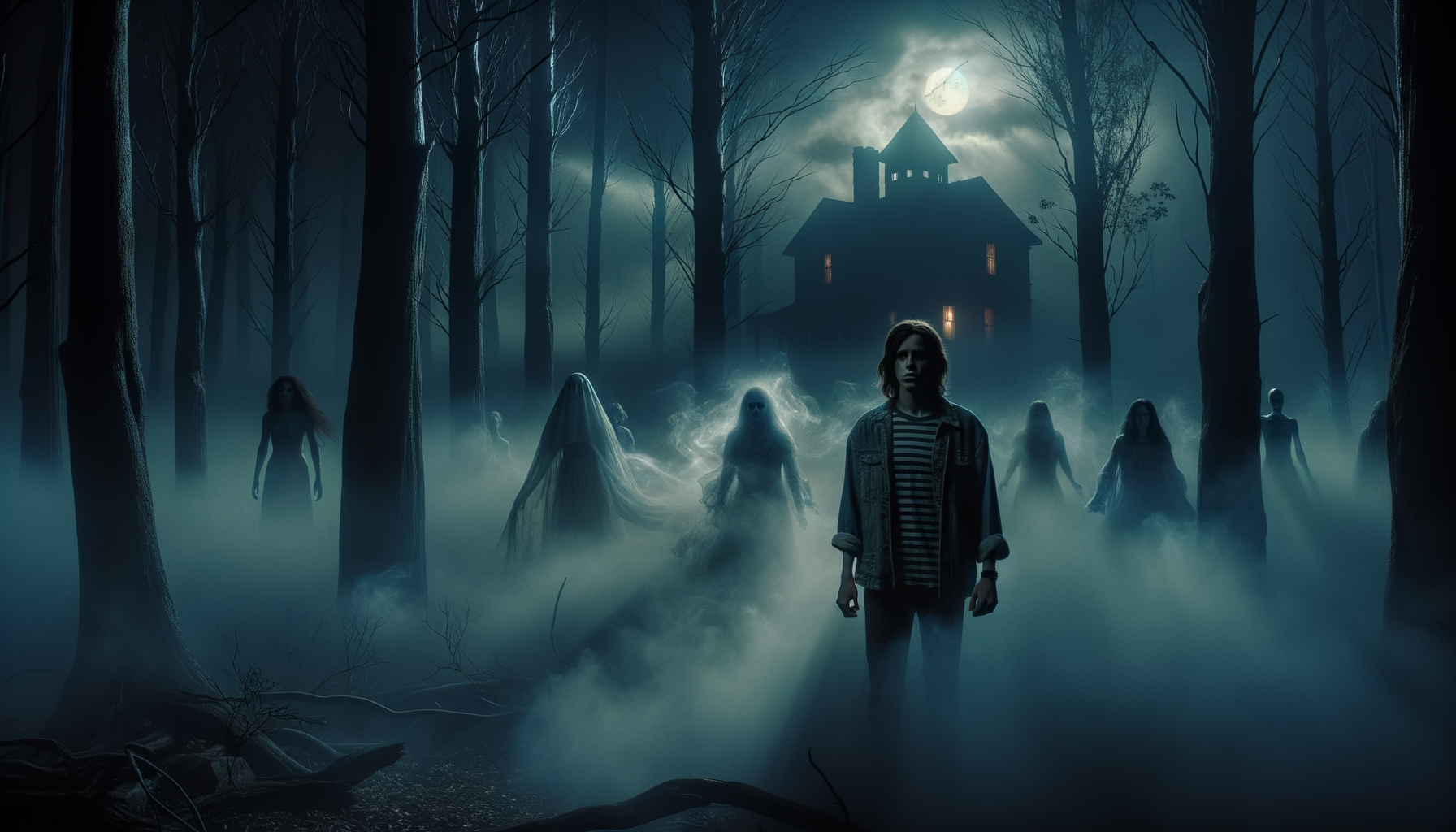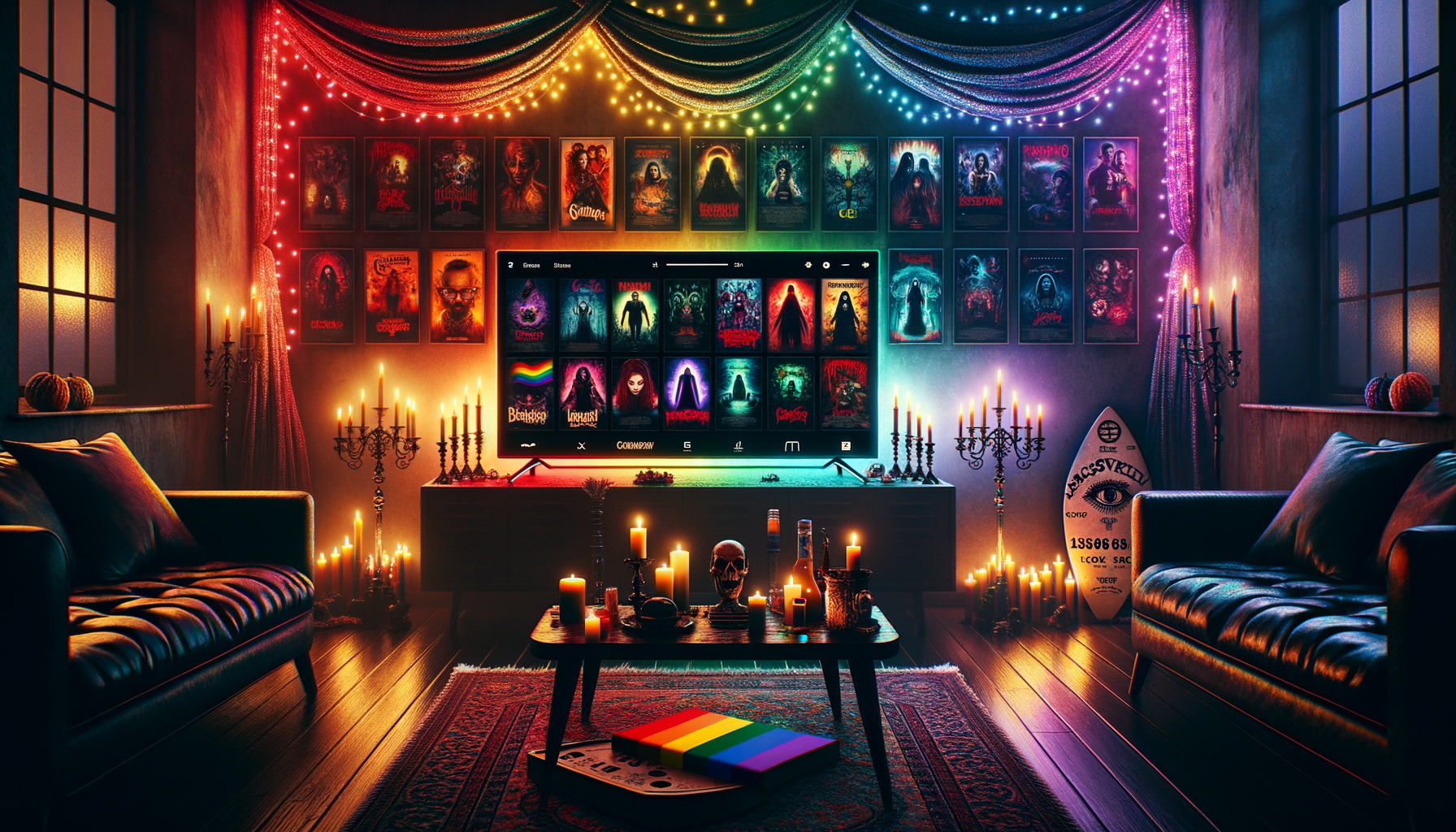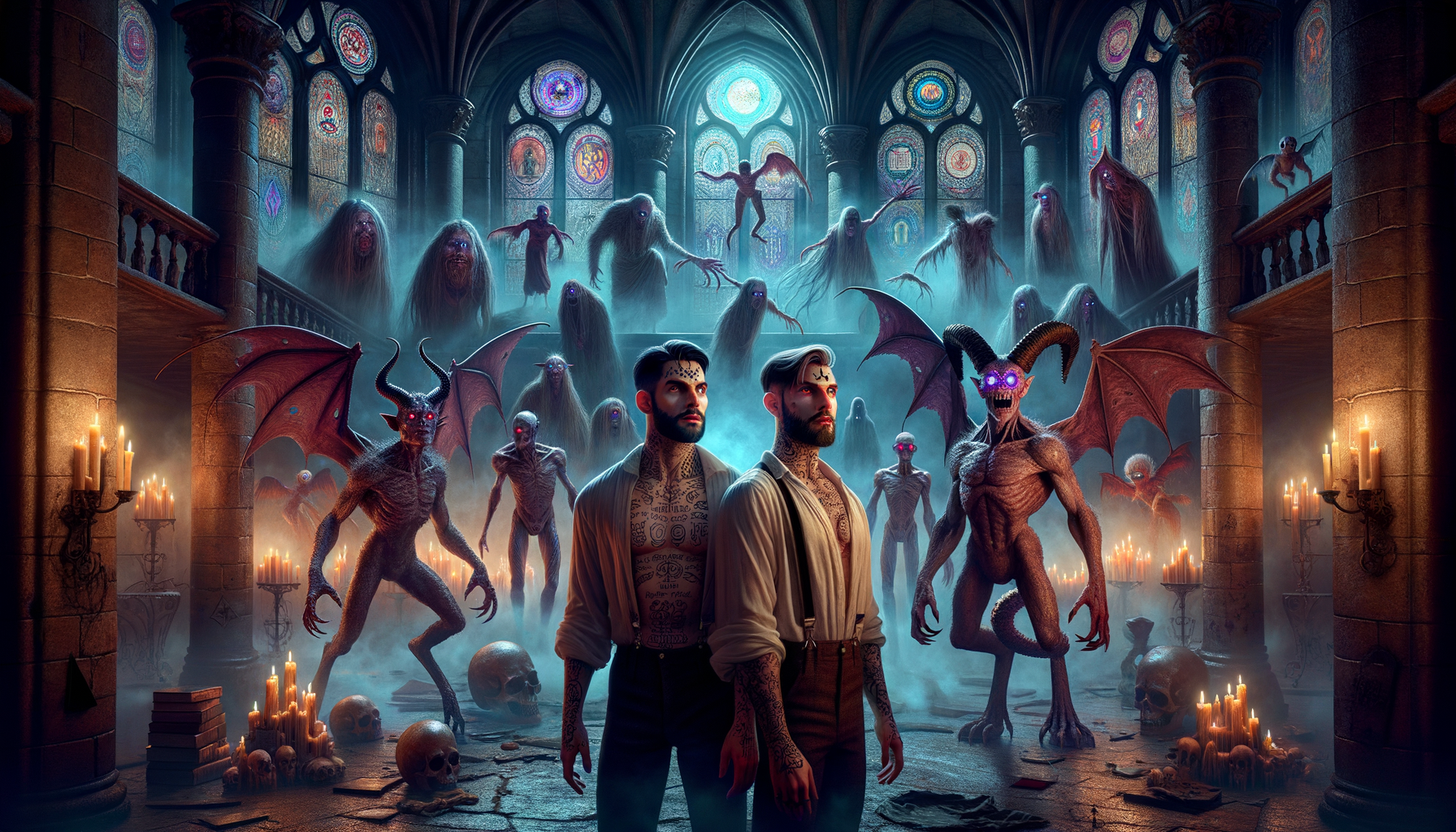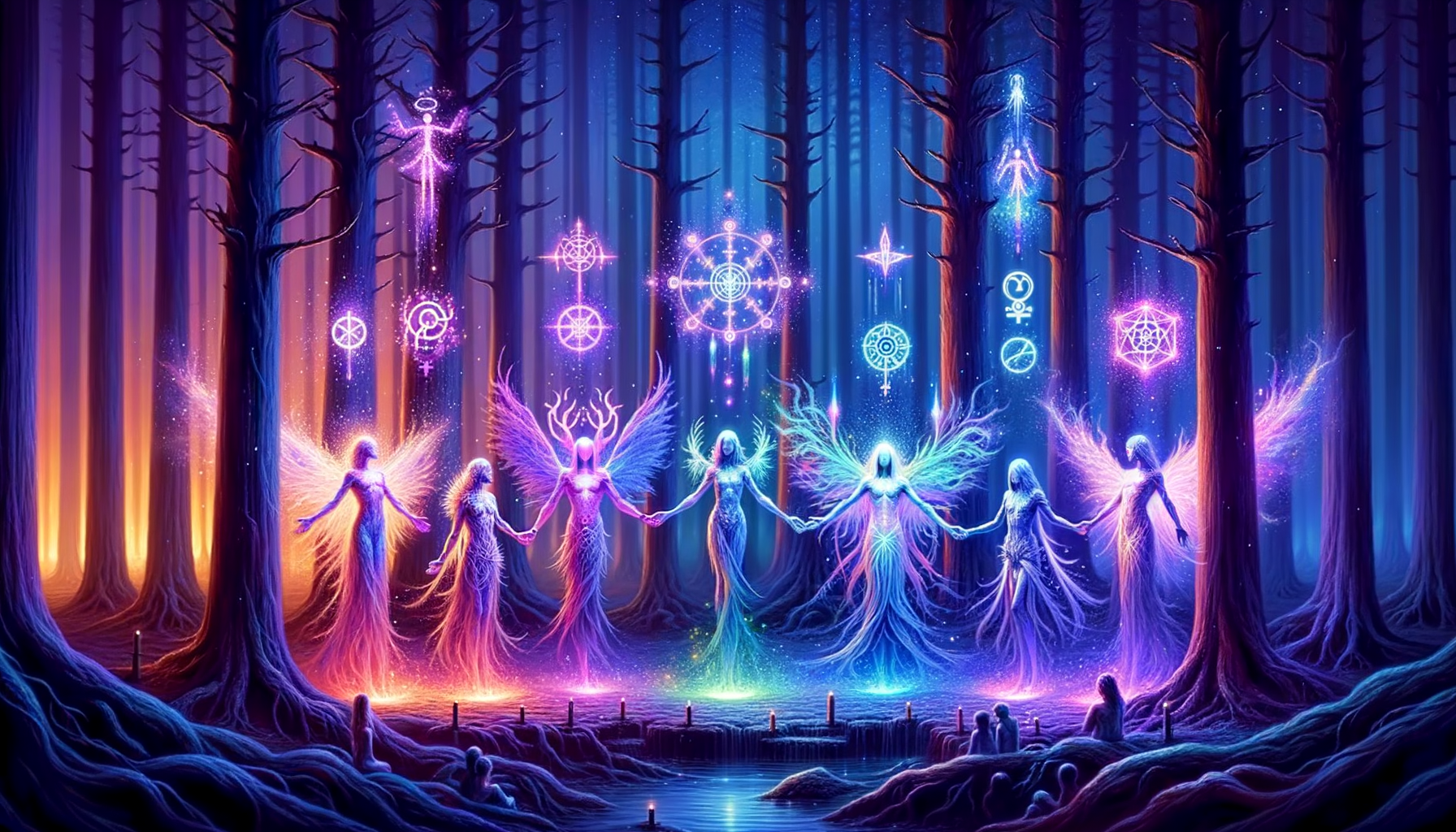Horror is a genre that constantly evolves, mirroring societal shifts and undercurrents. And when it comes to LGBT influences in horror, Gretchen Felker-Martin is a name that stands out. Did you know her debut novel “Manhunt” was hailed as a groundbreaking work that redefined queer horror literature? Let’s embark on an exploration of how Felker-Martin, through her compelling narratives and unique lens, is reshaping the horror landscape. From her evocative storytelling to her vivid, inclusive characters, Felker-Martin’s contributions are nothing short of revolutionary!
Gretchen Felker-Martin: A New Voice in Horror Literature
Background and Early Career
Gretchen Felker-Martin’s journey into the literary world began with a diverse background that laid the groundwork for her unique voice. Initially, she explored various genres, experimenting with different forms of storytelling. Her early career was marked by a passion for writing that eventually led her to find her niche in horror literature.
Transition into Horror Writing
The shift towards horror came naturally for Felker-Martin. Her ability to weave unsettling narratives and evoke deep-seated fears quickly set her apart. This transition wasn’t just about changing genres; it was about finding a medium that allowed her to address complex themes and emotions in a raw, impactful way.
Notable Works and Recognition
Felker-Martin’s contributions to horror have not gone unnoticed. Her notable works have garnered attention for their originality and depth. Titles like “Manhunt” have not only captivated readers but also earned critical acclaim. These works have solidified her reputation as a rising star in horror literature.
LGBT Representation in Felker-Martin’s Works
Portrayal of Queer Characters
One of the standout aspects of Felker-Martin’s writing is her portrayal of queer characters. Unlike traditional horror narratives that often marginalize or tokenize LGBT individuals, her stories place them at the forefront. These characters are multi-dimensional, with rich backstories and significant roles in the plot.
Exploration of Gender and Identity
Felker-Martin’s exploration of gender and identity is both bold and nuanced. Her narratives often challenge societal norms and invite readers to rethink their perceptions. By weaving these themes into her horror stories, she creates a space where discussions about gender and identity are not only possible but integral to the narrative.
Impact on LGBT Readers
For many LGBT readers, Felker-Martin’s work resonates on a personal level. Her authentic representation provides a sense of visibility and validation. The impact of seeing oneself reflected in literature, especially in a genre as traditionally exclusive as horror, cannot be overstated.
Themes and Motifs in Felker-Martin’s Horror Stories
Examination of Fear and Alienation
Fear and alienation are central themes in Felker-Martin’s horror stories. She masterfully explores how these emotions manifest in both supernatural and real-world contexts. Her characters often face isolation, whether due to societal rejection or personal struggles, adding a layer of psychological horror that is both compelling and relatable.
Subversion of Traditional Genre Tropes
Felker-Martin is known for subverting traditional horror tropes. Instead of relying on predictable clichés, she offers fresh takes that challenge the status quo. Her stories might feature monsters, but they are often metaphors for deeper issues, turning familiar elements on their head to create something entirely new.
Community and Survival Narratives
Community and survival are recurring motifs in her work. Felker-Martin often focuses on how communities, especially marginalized ones, come together in the face of adversity. These narratives highlight the strength and resilience of her characters, providing a counterbalance to the isolation and fear they experience.
The Cultural Impact of Felker-Martin’s LGBTQ+ Horror
Reception by Critics and Fans
Critics and fans alike have responded enthusiastically to Felker-Martin’s work. Her ability to blend horror with meaningful social commentary has earned her a dedicated following. Reviews often praise her originality and the emotional depth of her stories, making her a standout figure in contemporary horror.
Influence on Contemporary Horror Authors
Felker-Martin’s influence extends beyond her own writing. Contemporary horror authors are beginning to draw inspiration from her approach to character development and thematic exploration. Her success has shown that there is a hunger for more inclusive and diverse horror narratives.
Role in Diversifying the Genre
By bringing LGBT perspectives to the forefront, Felker-Martin plays a crucial role in diversifying the horror genre. Her stories challenge the traditional boundaries and open the door for more varied voices to be heard. This diversification enriches the genre, making it more reflective of the world we live in.
Future Directions for LGBT Horror Literature
Emerging Voices and Trends
The landscape of LGBT horror literature is evolving, with new voices emerging and pushing the boundaries even further. These writers are building on the foundation laid by authors like Felker-Martin, exploring new themes and experimenting with innovative storytelling techniques.
Felker-Martin’s Upcoming Projects
Fans of Felker-Martin have much to look forward to, as she continues to work on new projects. Her upcoming works promise to further explore the intersections of horror and social issues, offering fresh narratives that challenge and captivate.
Predictions for the Genre’s Evolution
As the genre continues to evolve, it is likely to become even more inclusive and diverse. The success of authors like Felker-Martin suggests a growing appetite for stories that reflect a wider range of experiences. Future trends may see horror literature embracing even more varied voices and perspectives, enriching the genre in ways previously unimagined.
Conclusion
Gretchen Felker-Martin’s work in the horror genre offers a powerful testament to the importance of inclusive storytelling. By challenging norms and providing rich, nuanced characters, she not only entertains but also enlightens. As fans and critics alike eagerly await her future projects, one thing is clear: the landscape of horror literature is being transformed in dynamic, inclusive ways. Whether you’re a long-time horror aficionado or a newcomer, now is the perfect time to delve into these compelling narratives. Ready for your next spine-chilling read? Pick up a Gretchen Felker-Martin novel and see for yourself!




